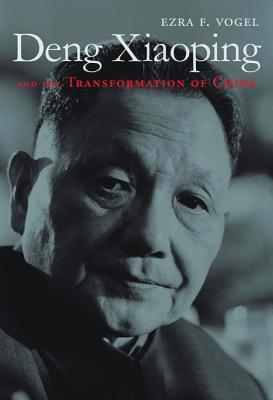More on this book
Community
Kindle Notes & Highlights
Read between
October 5, 2019 - May 1, 2020
Deng's patience was soon exhausted. He interrupted her to say, “He was lying” and went on to tell her how horrible the Cultural Revolution had been.
was asked to report to Zhou Enlai on the state of Chinese science. Zhou Peiyuan was bold enough to report that in all thirty-two
lower levels read documents that came from
He told Fang Yi and Li Chang that they must emphasize that people who worked with their minds would be considered members of the politically respected working class.
either nation. The wild Red Guards had frightened
Deng apologized for not having time to visit each one of them personally and said that, like Zhou Enlai (who had lived in Japan from 1917 to 1919), he wanted to say to his Japanese friends that “when we drink
water, we cannot forget those who dug the well.”
not trade, not investment, but science.
“Meetings should be small and short, and they should not be held at all unless the participants have prepared. . . . If you don't have anything to say, save your breath. .
SPEAK AND ACT WITH AUTHORITY.
MAINTAIN A UNIFIED COMMAND STRUCTURE.
AVOID TAKING THE BLAME.
In his pursuit of economic modernization, Deng liked to say that he was groping for stones as he crossed the river.
the economy “is like a bird. You can't hold it in your hand but have to let it fly. But it might fly away, and that is why you need a cage to control it.”
Deng reaffirmed as well the correctness of the party's strategic goal of quadrupling the economy between 1980 and 2000 and making China a moderately developed country by the middle of the twenty-first century.
“observe calmly, hold one's ground, respond soberly, and get some things done”
He died on February 19, 1997,


